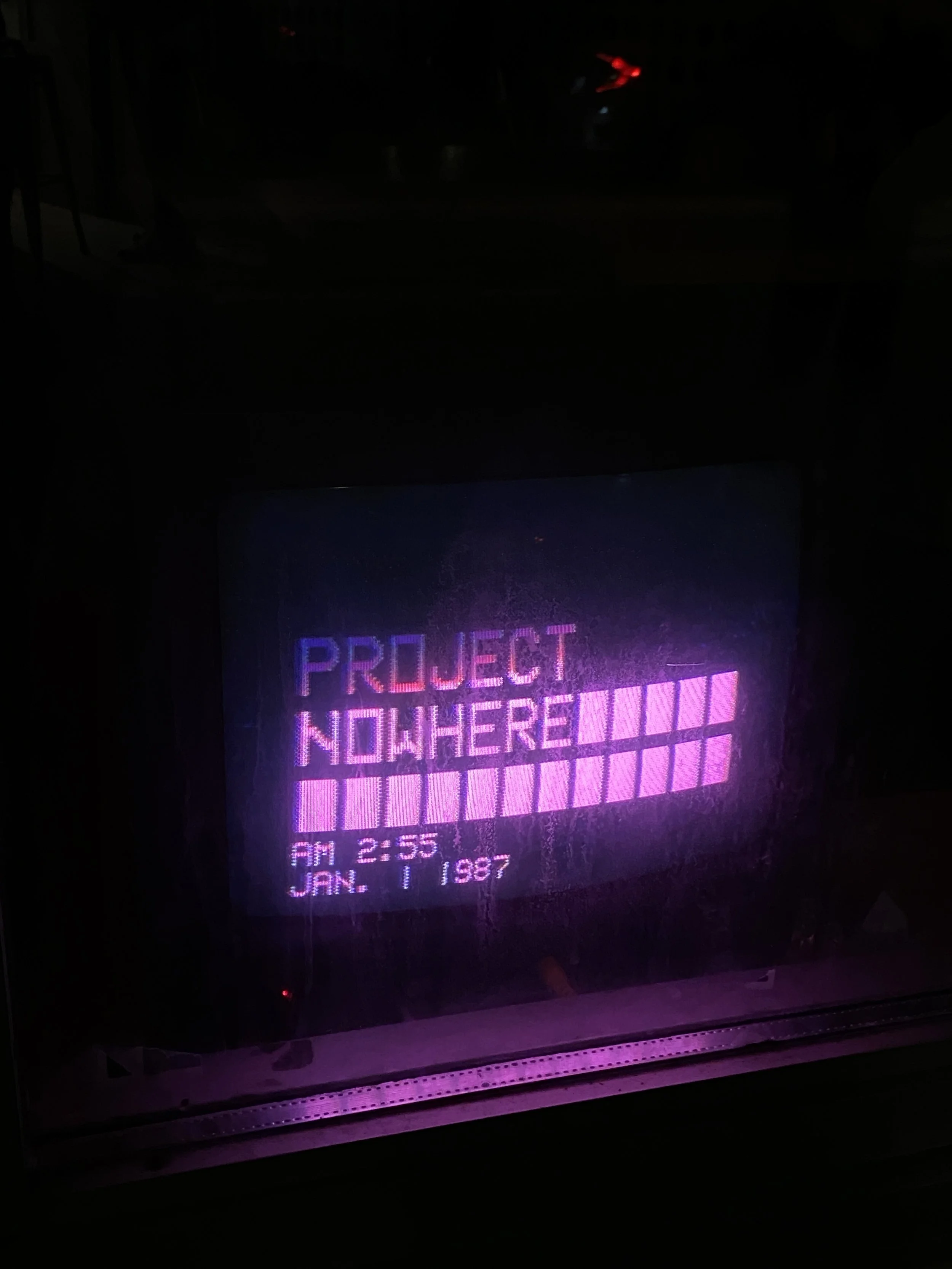Introducing Trans Trenderz: A label by & for Black trans artists
Trans Trenderz is the Black trans-owned record label helping trans and nonbinary artists achieve mainstream success by providing them with the resources they need. Founded by Blxck Cxsper (they/them) in 2016, the record label has now grown to span across Montreal and NYC, with Steph Durwin (he/him) joining the team in 2018.
The label mobilizes allies via the Ghostly Beats Project, which provides Black trans artists with the resources they need to launch their careers. This includes recording, mixing, mastering, financial help with distribution, graphic design, music video creation, and marketing, all completely free of charge. They also host educational workshops for covering (but not limited to) transness, identity, and creative practices.
We caught up with Trans Trenderz to talk about the label's history and learn how allies can help.
Blxck Cxsper: Hi! I'm Blxck Cxsper, Black non-binary hip hop artist from Montreal, and founder Trans Trenderz. My pronouns are they/them.
Steph: Hi I'm Steph, I'm an NYC-based engineer, producer & songwriter, and my pronouns are he/they.
Blxck Cxsper via Trans Trenderz
Malaika for Also Cool: Hi! It's so nice to meet you. Let's start by talking about how the label began.
BC: The label started off as a mixtape that I had curated and produced. It featured 14 different trans artists from all over. We released it during a live launch in New York City on November 6th, 2016. I'm a Capricorn, so I'm always thinking about what's next every time I achieve a milestone. That's what initially inspired Trans Trenderz. The day after the launch, I was like, what can I do next? How do I keep going?
Steph: We met in the summer of 2018 at a trans health conference. We brainstormed about how we could work together on Trans Trenderz. We launched the label's NYC branch shortly after that and found some artists to start working with right away.
Also Cool: What kind of support does the label offer to its artists, and how is it different from other labels out there?
BC: We don't take any royalties from our artists. We're a label, but we also provide management, an agent, the full package. So when an artist works with us, we're providing them with everything they need to get their career started. We also prioritize working with Black trans people and providing them with the support they need.
What we do most often is a six-month contract where the artist will release one single. They keep their music and royalties' rights, we take 10% of the booking fees, and then split the profit from the merch sales and physical copies. Artists don't have to pay anything in advance, and we record and produce their music entirely for free.
Steph: We do everything from pre-production to recording, mixing, mastering, distribution, the artwork, even going as far as performance coaching and mentorship. The goal of what we're doing is to provide the knowledge and skills to our artists so that even once our contract is over, they're to be fully independent.
AC: This is the most ethical model for a label I've ever heard of.
BC: Well, we're artists too, you know!
Apollo Flowerchild via Trans Trenderz
AC: Understanding industry terms, knowing what kind of a team you need (or not), and even owning your music is essential to surviving as an artist, so it's great to hear that you offer that kind of support.
BC: We don't want the artist to ever be the only trans person in the room. It's essential to have another trans person there with them, so they're not alone if anything happens.
AC: Tell me about some of your artists! Do you focus on particular genres, or is it more general?
BC: It took us a little while to figure out who we wanted to work with, and the most important thing was learning to know when an artist was ready. The artist needs to be able to work with a team, and we need to make sure that collaboration will work before making the commitment.
Right now, we have Apollo Flower Child and Heather Hills on the label. It's very important to me that the majority of the artists on the label are Black trans people. When it comes to who we work with as a team, there are a lot of white allies volunteering, which is great. We're working on expanding and looking into collaborations with different studios (especially in Montreal). This will allow us to have the infrastructure to work with even more artists.
AC: What would be the best way for an artist interested in working with you to reach out?
BC: We don't just work with artists that we sign, we work with many other people as well. We have a forum for Black and other trans musicians to connect and build this online community.
Black trans musicians on that forum can ask for free services, whether that be mixing, mastering, graphic design etc. They can connect allies on the forum who offer their services for free. We use that forum to find the artists that we want to sign next since we can witness their growth and provide resources. So whenever we can help someone's career in a more committed way, we reach out to them to sign them.
AC: How have your operations changed since COVID-19, and how are you readjusting?
BC: The only thing that's really changed about how we work is that we don't do as many live shows. But seeing as Steph is in new york, and I'm in Montreal, we've been working remotely forever. We've been Zoom professionals before it was cool.
AC: One of the most significant barriers to entry for musicians seems to be even knowing how to send a press email, or figuring out how to reach out, or how to make an EPK. We really want to provide advice & tips for anyone starting out and wonder what advice you would have.
BC: I'm a self-taught musician, and although it seems obvious, I would really recommend googling things all the time. How do I promote myself? Google what an EPK is and how to make them. There are so many resources online, even for free. That should be everyone's reflex, google EVERYTHING.
Steph: Something that I've found to be a useful process is first defining the boundaries of your artistic direction. Figure out what that is, and draw a clear distinction between yourself and your brand. Find someone who's brand aligns with yours and take inspiration by adapting their methods to your brand.
Heather Hills via Trans Trenderz
AC: Do you think artists need to be online to be successful?
BC: Definitely, without question. Again, free resources. Everything that isn't online is often very expensive. Being online is the best and most resourceful way to get your music out and make yourself known.
Steph: Another thing that's interesting in that sentence is the word "success." What is success? What does it mean to you? It's almost like artists might feel pressure to have a particular definition of success that doesn't necessarily align with their personality or the music they like to make.
I always say, think about what that means for you. Maybe for you, success means playing shows a few times a month at your local bar, and that's totally ok.
AC: Wrapping up, is there anything you'd like to highlight, or is there any specific kinds of support that you're looking for from allies right now?
BC: If there are allies from Montreal who want to get involved, whether that be a studio or professionals that can help sign a few artists in Montreal, that would be great.
ALLIES: Offer your services to Trans Trenderz here
Trans Trenderz
Blxck Cxsper
Apollo Flowerchild
Heather Hills














